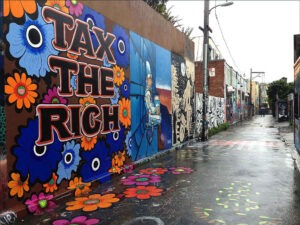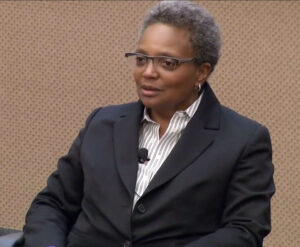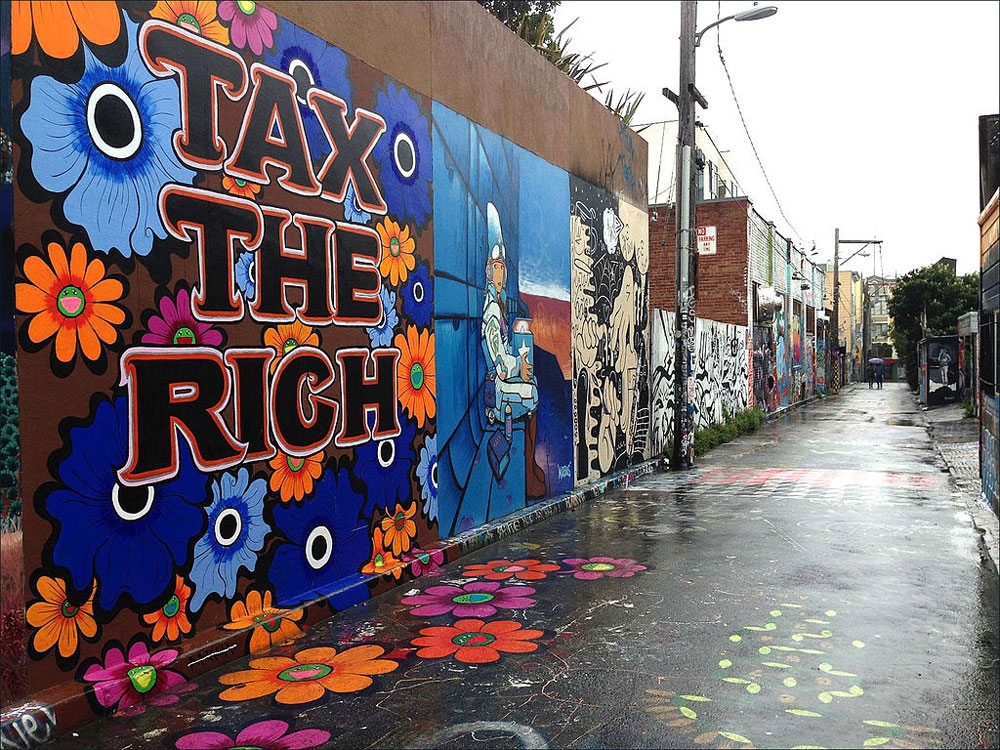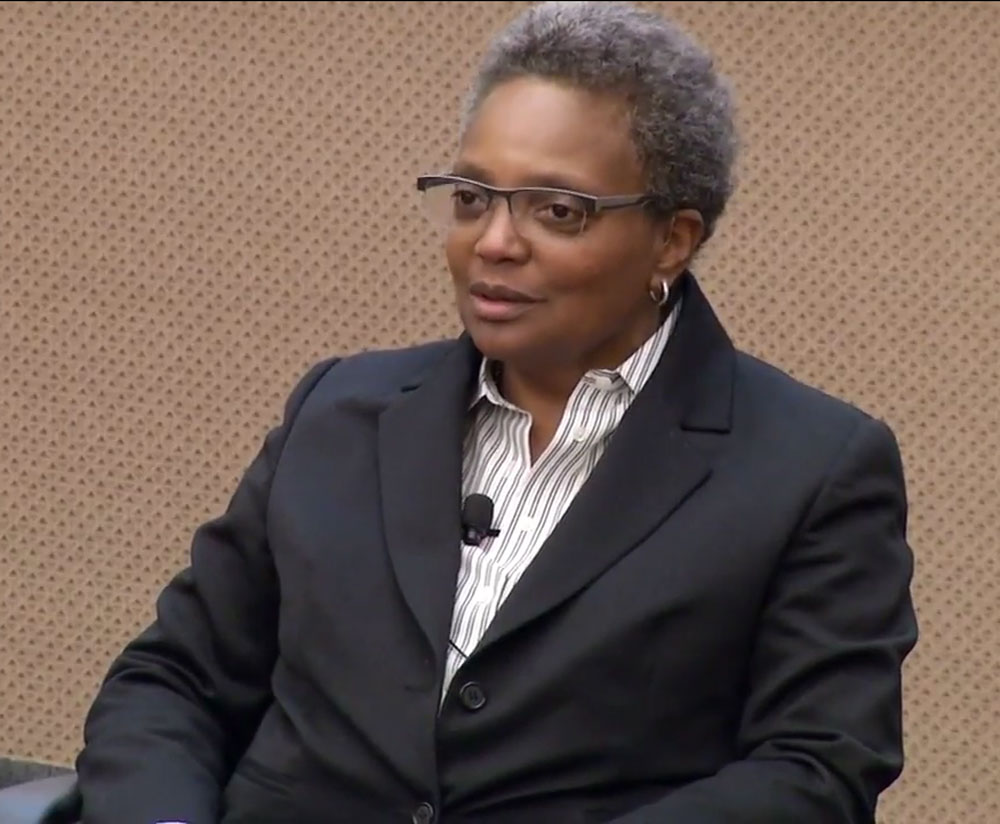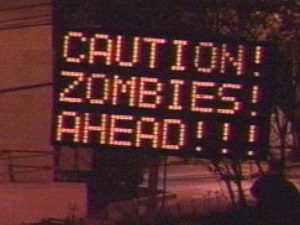
April 2, 2015; Albany Times-Union
It’s a good thing for a nonprofit to successfully advocate for government funding, but what happens when the money comes after it’s gone out of business? Is this a kind of “zombie appropriation”?
The Albany Times-Union reports that the controversial nonprofit ACORN, closed down for almost five years, received an appropriation of $24,000 from the New York state legislature in this year’s budget.
The paper says that critics, like the good-government group Citizens Union, call this “Spending in the Shadows”—“a largely unchecked system that allows lawmakers to insert pork-barrel spending into the budget.”
Sign up for our free newsletters
Subscribe to NPQ's newsletters to have our top stories delivered directly to your inbox.
By signing up, you agree to our privacy policy and terms of use, and to receive messages from NPQ and our partners.
ACORN—Association of Community Organizations for Reform Now—closed its state affiliates and field offices in 2010 amidst intense scrutiny stemming from an undercover video shot by conservative activists. Because of that controversy, state senate Republicans fought to have the distribution of ACORN’s earmarked grants stopped. Congress cut its funding, and the group filed for Chapter 7 bankruptcy.
ACORN doesn’t exist in New York and no longer appears on the Internal Revenue Service’s list of tax-exempt organizations. And after a scandal broke in 2009, N.Y. lawmakers have not been allowed to insert new earmarks into the state budget. But somehow, millions in appropriations authorize the spending that was approved in prior budgets but has not yet been spent. According to Citizens Union, that now amounts to $87 million.
Most of the group’s past grants came from Democratic Assembly members from New York City for initiatives such as helping low-income people do their taxes. While the paper says it is unclear how they got into this year’s budget, critics say the grants should be vetoed by Governor Andrew Cuomo, whose office says it never requested the funds.
ACORN was granted the same amount in the 2014–2015 budget, but the money was apparently never spent. Some observers say it may be a placeholder for something else, to keep the funding intact. The nonprofit was later reconstituted as New York Communities for Change.—Larry Kaplan


